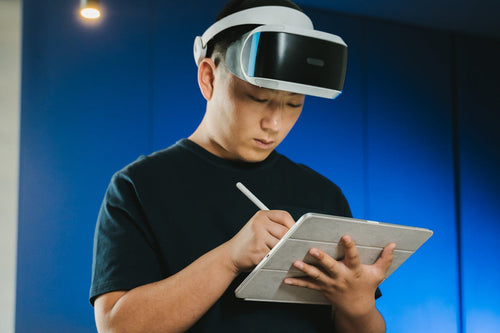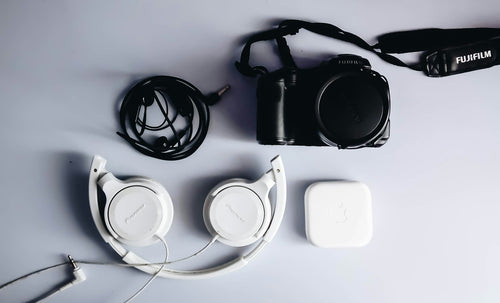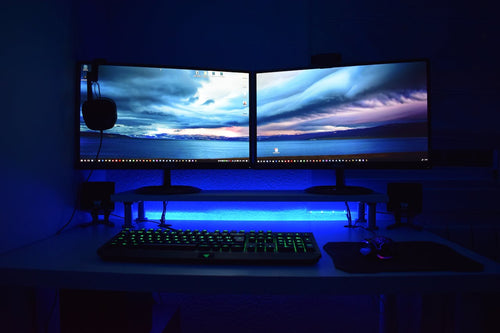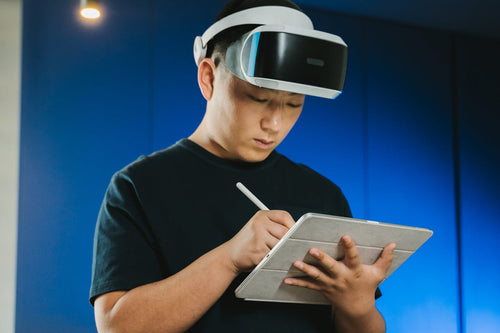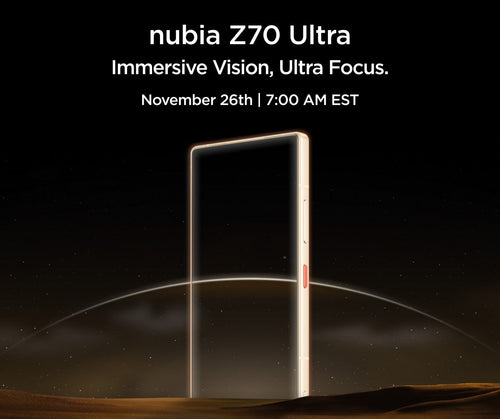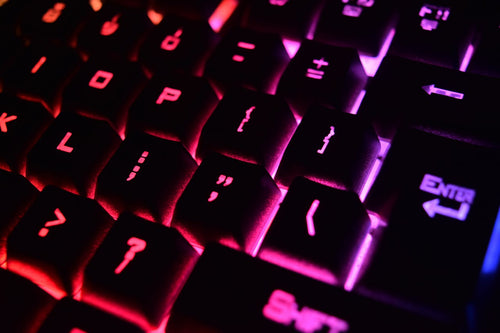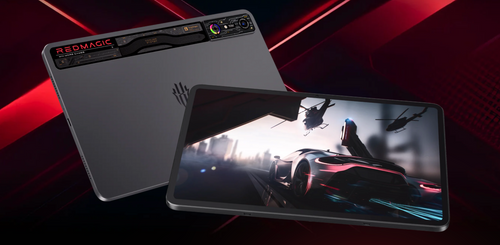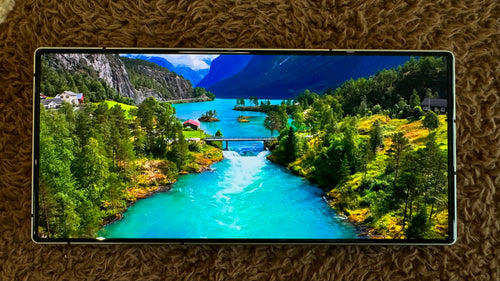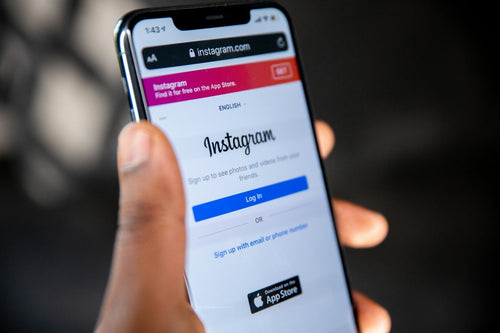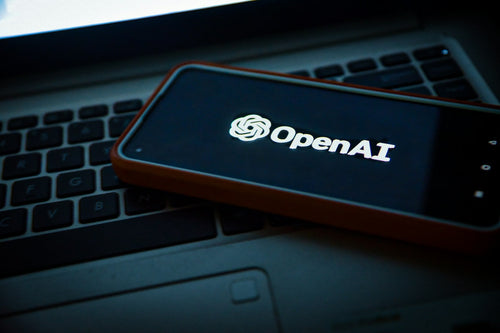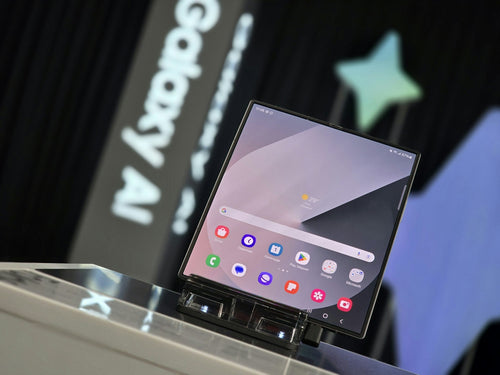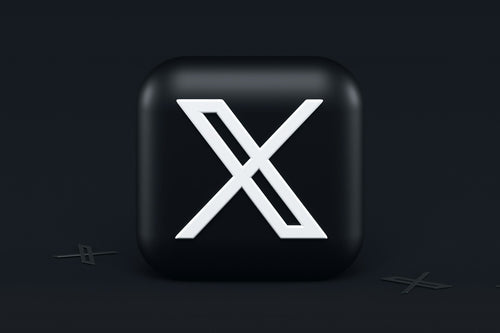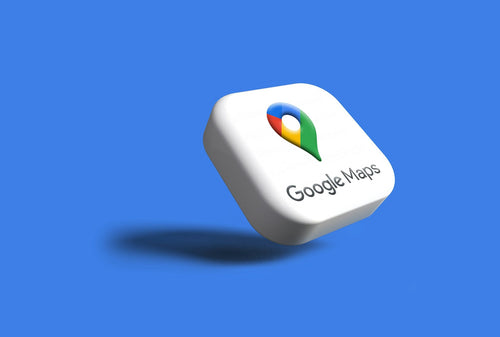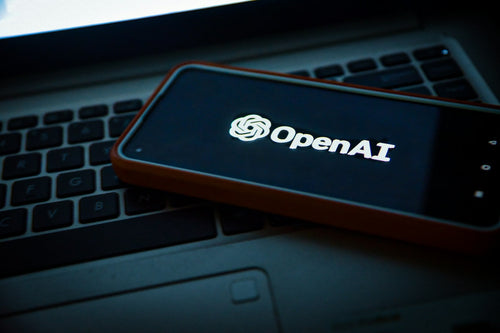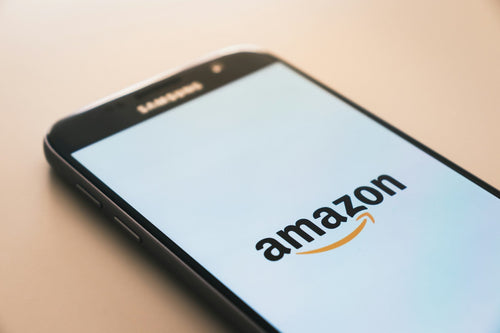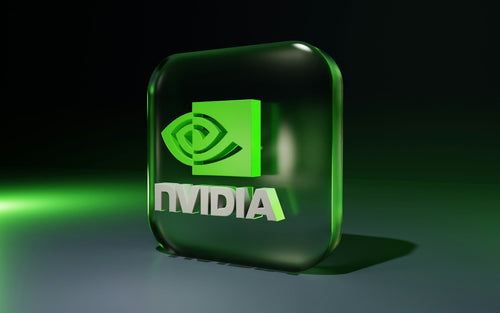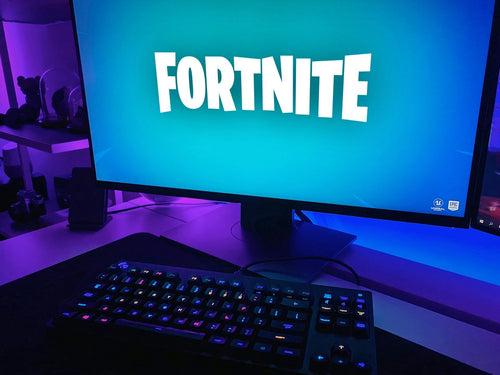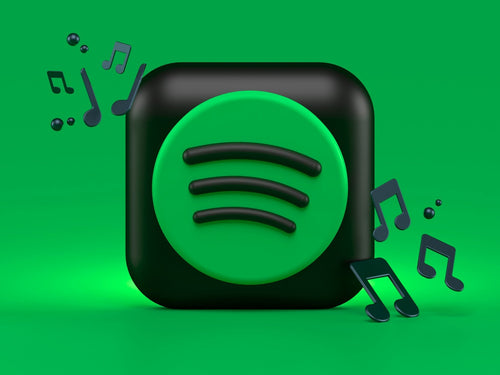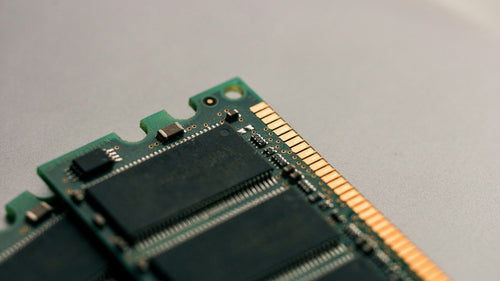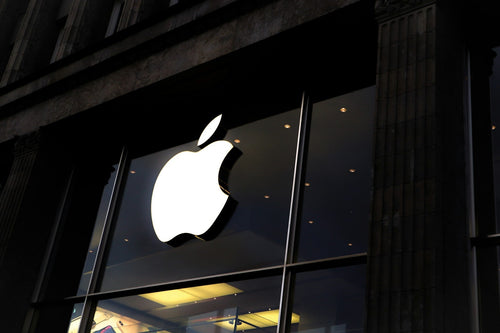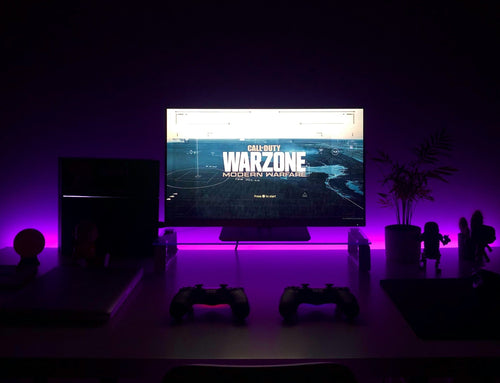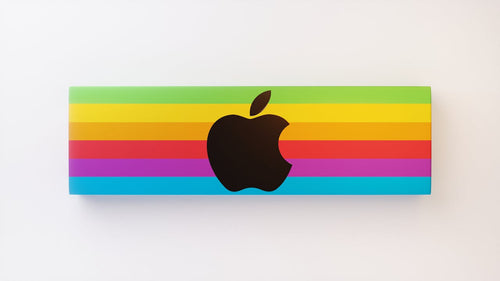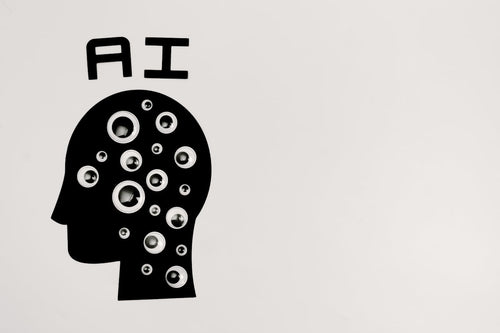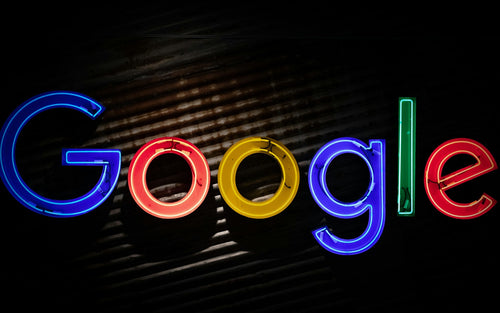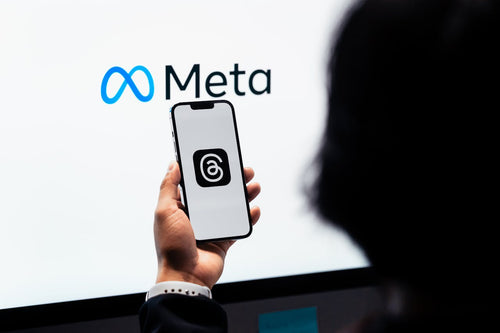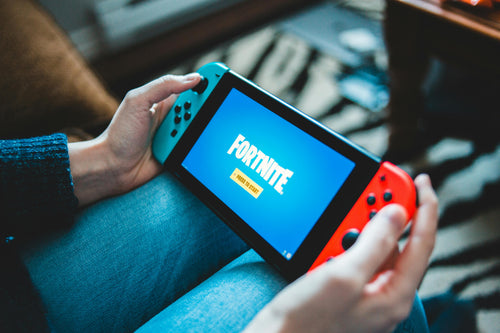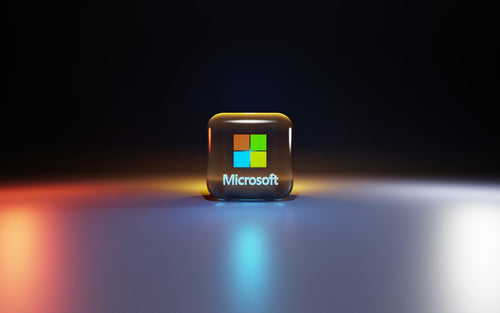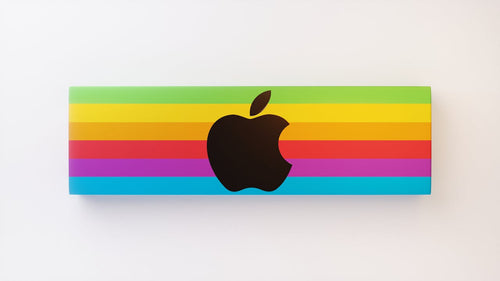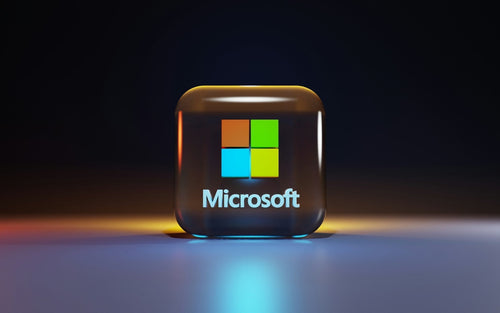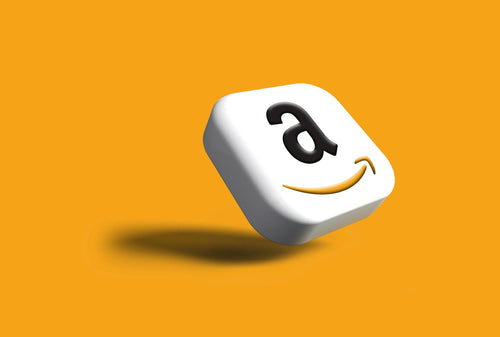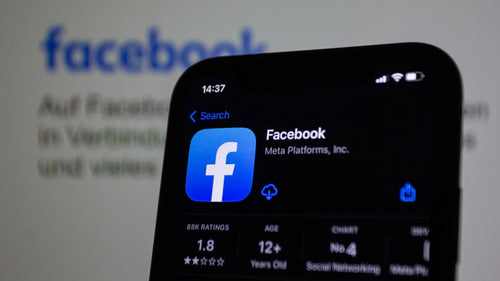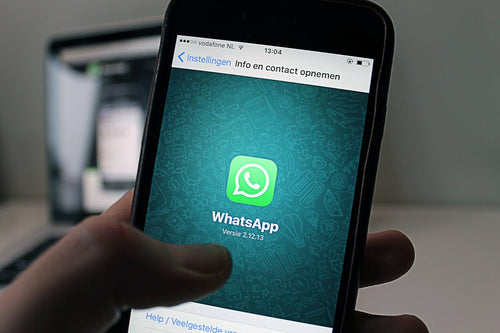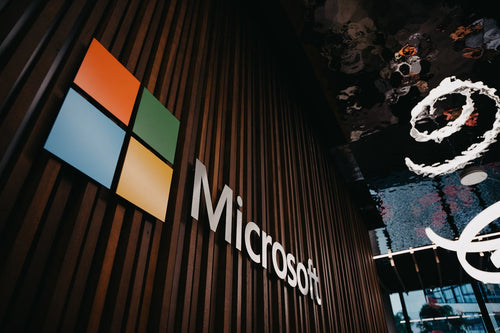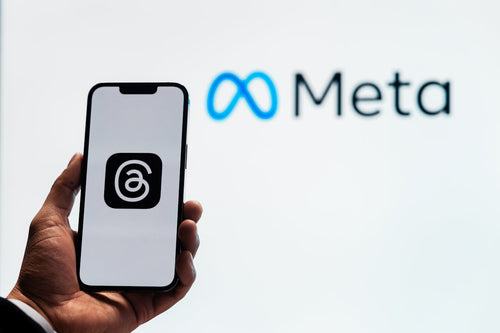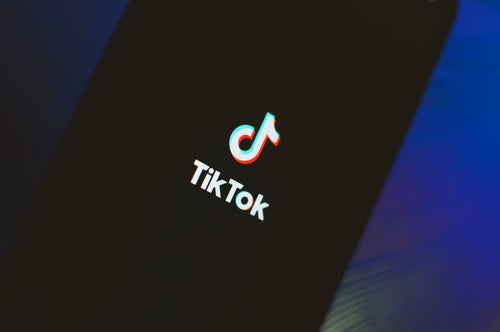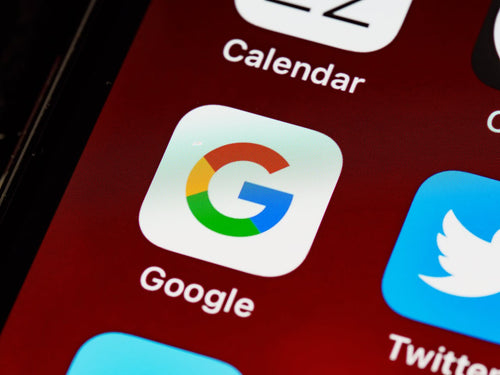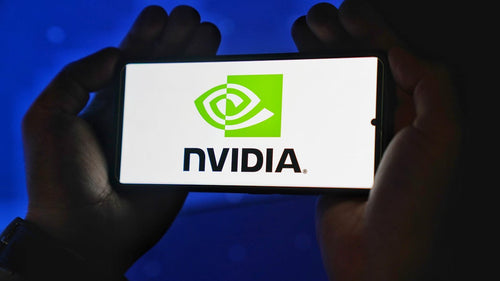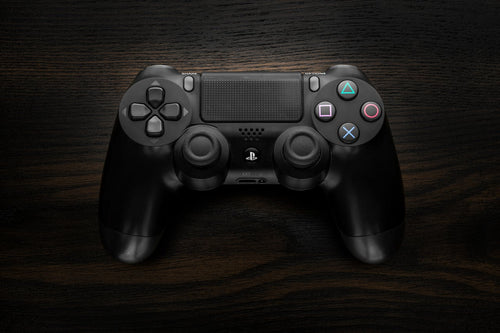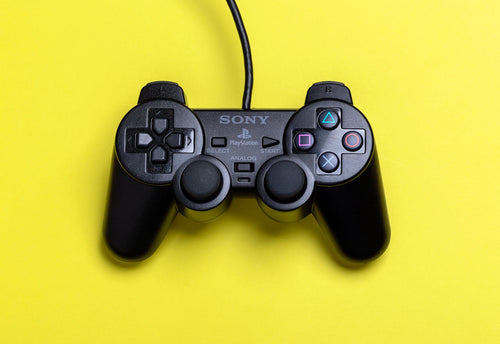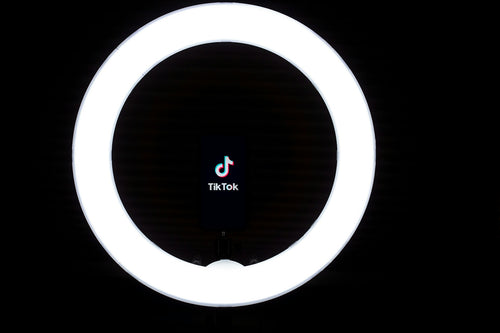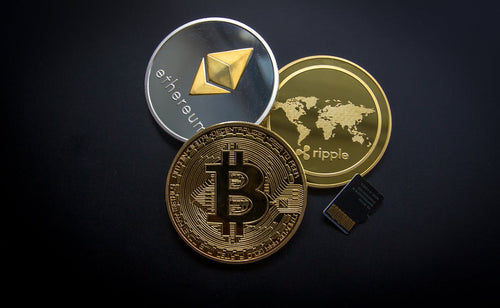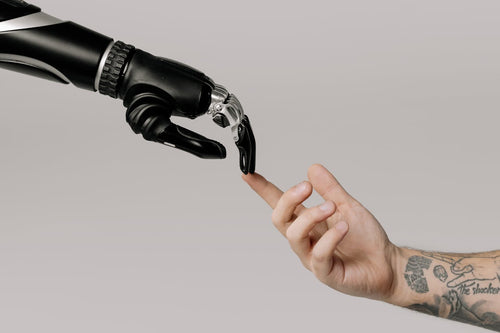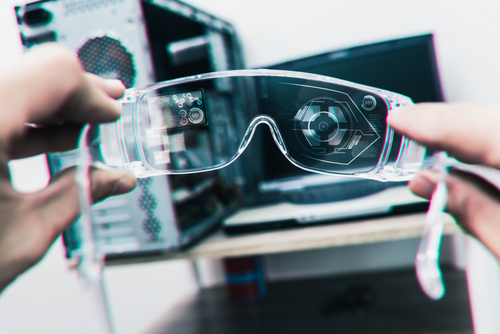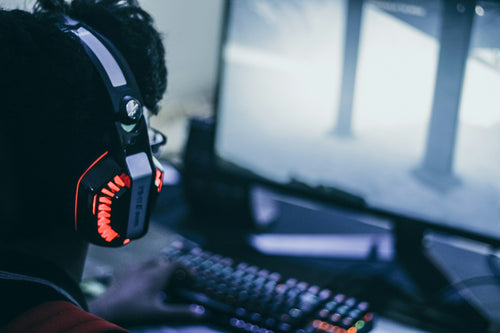HeyWhatsNew: OpenAI’s Video Generating Tool Is Finally Available to Everyone and YouTube Dominates TV Streaming Numbers

Welcome to this week’s edition of HeyWhatsNew! From exciting updates to groundbreaking advancements in technology, we’ve rounded up all the latest news you need to know. There’s plenty to explore, so let’s dive into the stories shaping our digital world the week beginning 9/12/2024.
YouTube Is Raking Up Big Numbers In Television Streaming
YouTube is seeing a big shift in how people watch its content, with more and more viewers turning to TVs. By October 2024, people were streaming over 1 billion hours of YouTube videos on TVs every day (not counting Shorts). Sports content has been especially popular, with watchtime on TVs growing by over 30% compared to last year. Fans are using YouTube to catch highlights, clips, and post-game interviews.
This year, YouTube also introduced a new feature called “Watch With,” where creators can give live commentary, analysis, and real-time reactions during games and events. YouTube plans to keep building on this to make watching sports even more exciting.
To make YouTube more family friendly and safer for kids, the platform recently made it easier to switch between regular YouTube and YouTube Kids profiles on TVs. Building on this feature, they’re now adding a new parent code feature to give families more control over what kids can watch, helping ensure they only see age-appropriate content.
OpenAI Officially Launches Sora to the Public
“We don’t want the world to just be text,” OpenAI CEO Sam Altman said during a live-streamed announcement on Monday. Highlighting the need for AI to go beyond words, OpenAI introduced Sora, a new video generation program now available to its customers.
Sora takes written prompts and turns them into digital videos that can be up to 20 seconds long. First unveiled in beta back in February, Sora is now a standalone product capable of creating videos with complex scenes, multiple characters, dynamic camera angles, and accurate motion details. OpenAI says the program’s “deep understanding of language” allows it to interpret prompts and generate detailed, visually engaging videos, paving the way for AI to become more versatile in its creative capabilities.
2024 App Store Awards
Apple has announced the winners of the 2024 App Store Awards, celebrating the year’s best apps across its devices. This annual tradition highlights apps that offer exceptional entertainment, value, and cultural relevance. Among this year’s 17 honorees is NYT Games, the app behind viral sensations like Wordle and Connections.
The awards include categories for iPhone, iPad, Mac, Apple Watch, and Apple Vision Pro, with two new awards specifically recognizing standout apps for the Vision Pro. Apple’s goal is to honor apps that not only enhance user experiences but also leave a cultural mark, as NYT Games has done.
Here’s a quick look at some of the winners:
- iPhone App of the Year: Kino
- iPad App of the Year: Moises
- Mac App of the Year: Adobe Lightroom
- Apple Vision Pro App of the Year: What If…? An Immersive Story
London Police Use Facial Recognition to Catch Over 50 Offenders
The Metropolitan Police has successfully employed facial recognition technology to locate over 50 individuals in breach of court orders. This advanced technology has also assisted in apprehending individuals wanted for a range of serious crimes, including offenses against women such as stalking, domestic abuse, and other forms of violence.
In one significant case, authorities identified a convicted individual with a troubling past who had entered a relationship without disclosing their history. The intervention ensured the safety of the partner and their younger sibling. The Metropolitan Police highlighted that this technology is vital for enhancing public safety and protecting vulnerable communities.
Google Announces Willow, Its Newest Quantum Chip
Google has unveiled a groundbreaking new chip called Willow, marking a major leap toward the future of computing. This chip is central to Google’s efforts to develop a scaled-up quantum computer, capable of tackling complex problems far beyond the reach of traditional computers.
According to Google, Willow recently solved a problem in just five minutes that would take today’s most advanced supercomputers a mind-boggling 10 septillion years — that’s 10 followed by 24 zeros — to complete. For context, that’s far longer than the universe has even existed. Google’s achievement showcases the immense potential of quantum computing to revolutionize problem-solving in fields like science, medicine, and technology.
Realme 14x Release Date Confirmed
The Realme 14 Pro series, originally rumored to launch in January 2025, might arrive even sooner. Realme’s Indian division recently teased the series on social media, hinting that it’s “coming soon.” The new lineup is set to feature a Snapdragon 7s Gen 3 processor, a periscope camera, and AI Ultra Clarity 2.0 for enhanced photography. Realme appears to be accelerating the launch to go head-to-head with Xiaomi’s freshly announced Redmi Note 14 Pro series. More details about the Realme 14 Pro phones are expected in the coming weeks.
That’s it for this week’s edition of HeyWhatsNew. Stay tuned for next week’s updates, where we’ll bring you the most exciting news from the ever-evolving world of technology.


